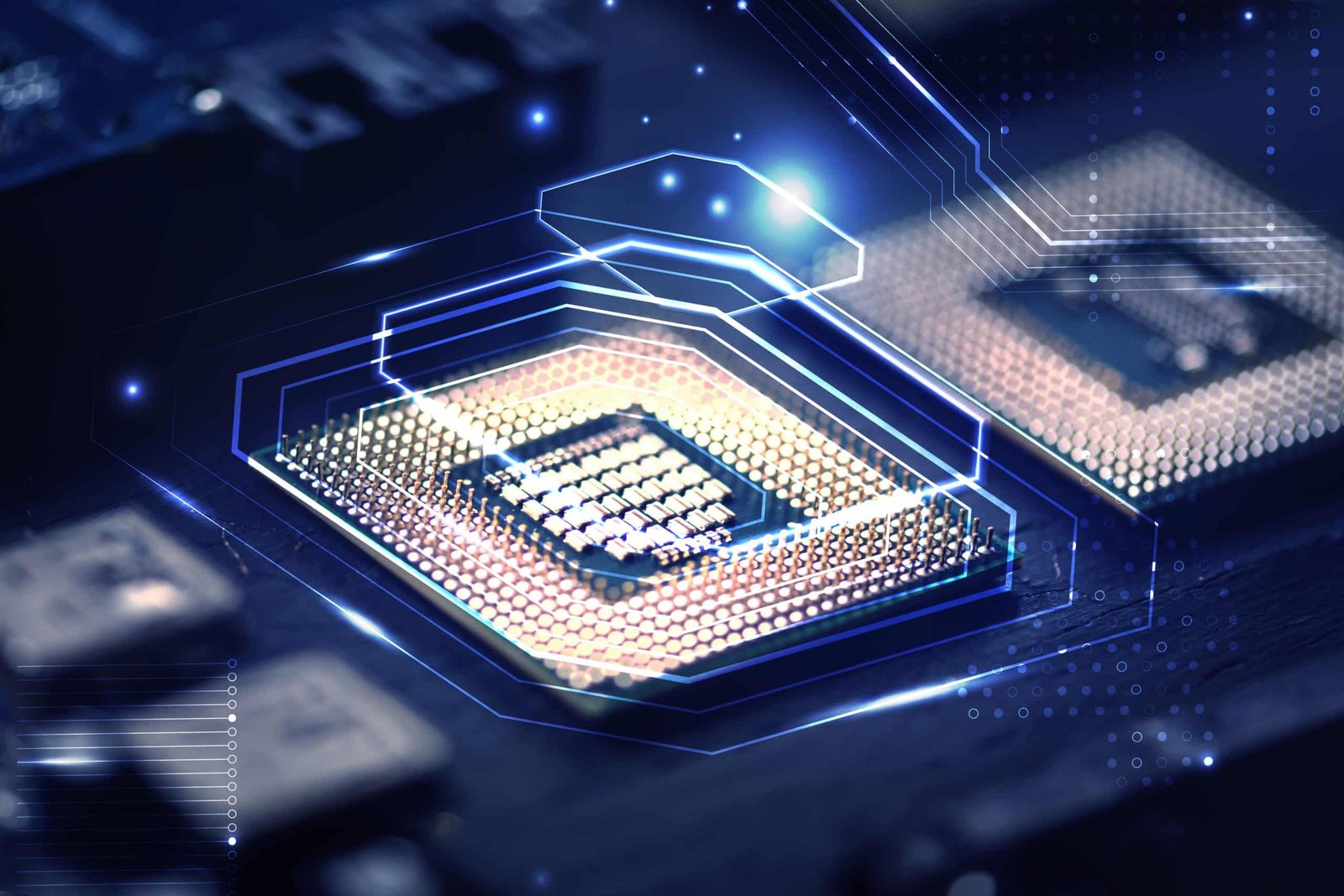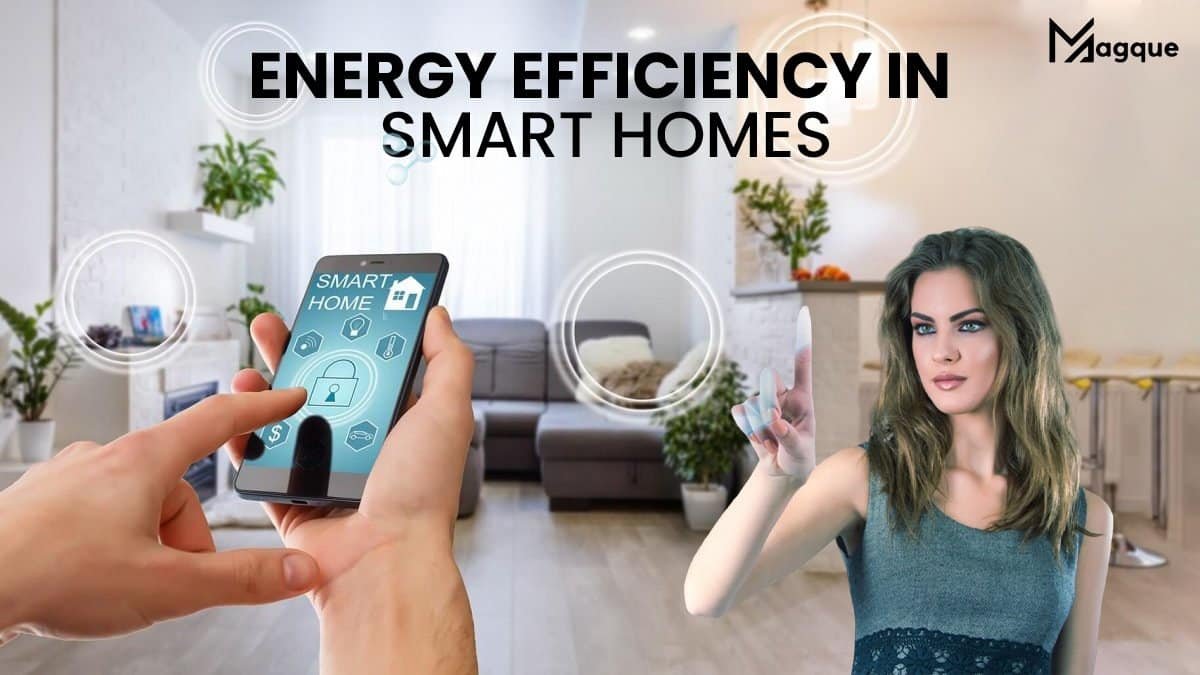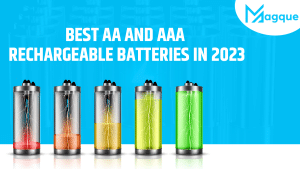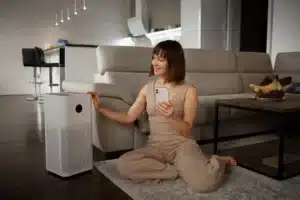Boost Your Savings with Energy Efficiency in Smart Homes
Are you tired of those sky-high energy bills? Do you want to reduce your carbon footprint and live more sustainably? Well, you’re in luck because the future of home living is here, and it’s called “Smart Homes.” In this blog post, we will dive deep into the world of energy efficiency in smart homes, exploring how it can save you money and make your life more convenient and eco-friendly.
The Smart Home Revolution
Imagine a home where your thermostat adjusts based on your preferences and outside weather. Picture a place where your lights turn off automatically when you leave a room, and your appliances are optimized for maximum energy efficiency. Welcome to the world of smart homes!
Smart homes are equipped with cutting-edge technology that allows you to remotely control various aspects of your home. Everything can be interconnected and automated, from thermostats and lighting to security systems and even your coffee maker. But what makes them genuinely revolutionary is their focus on energy efficiency.
Saving the Environment, One Smart Home at a Time
Energy efficiency is not just about saving money; it’s also about reducing your environmental impact. Smart homes are designed to minimize energy wastage, which translates to a lower carbon footprint. By using energy-efficient appliances and optimizing your home’s energy usage, you can contribute to a greener planet.
Critical Components of Energy Efficiency in Smart Homes
1 Smart Thermostats
One of the easiest ways to improve energy efficiency in your home is by installing a smart thermostat. These devices learn your heating and cooling preferences and adjust the temperature accordingly. They can also be controlled remotely via your smartphone, allowing you to save energy when you’re away.
2 Energy-Efficient Appliances
Upgrade your old appliances to energy-efficient ones. Modern appliances, from refrigerators to washing machines, are designed to use less energy while delivering the same or even better performance.
3 Home Automation
Automation is the heart of a smart home. You can set up your lighting to turn off automatically when you leave a room or schedule your blinds to open and close based on the time of day. This level of control not only saves energy but also enhances your convenience.
4 Renewable Energy Sources
Consider harnessing the power of renewable energy sources such as solar panels. They can help you generate electricity, reducing dependence on traditional power sources and lowering energy bills.
The Future Is Here – Start Saving Today!
In conclusion, energy efficiency in smart homes is not a mere concept; it’s a lifestyle. By embracing the technology and making a few changes to your home, you can save money, reduce your environmental impact, and live more comfortably. Smart homes are no longer the stuff of science fiction – they are a reality that’s accessible to everyone.
Join us at Magque for more tips and insights on transforming your home into an energy-efficient paradise.
FAQs
Q1. What is a smart home, and how does it relate to energy efficiency?
A smart home is a residence equipped with technology that allows homeowners to control and automate various aspects of their home, including lighting, heating, cooling, and appliances. Energy efficiency in smart homes refers to using these technologies to reduce energy consumption, lower utility bills, and minimize environmental impact.
Q2. How can smart thermostats help improve energy efficiency in my home?
Smart thermostats are designed to learn your temperature preferences and create energy-efficient heating and cooling schedules. They can also be controlled remotely via a smartphone app, allowing you to adjust your home’s temperature while away, ensuring you’re not wasting energy on heating or cooling an empty house.
Q3. Are there specific energy-efficient appliances I should consider for my smart home?
Yes, there are several energy-efficient appliances available for smart homes. These include energy-efficient refrigerators, washing machines, dishwashers, and more. These appliances are designed to use less electricity or water while maintaining performance, ultimately reducing energy consumption.
Q4. Can I integrate renewable energy sources, like solar panels, into my smart home for greater energy efficiency?
Absolutely! Smart homes can seamlessly integrate renewable energy sources such as solar panels. By generating your electricity from clean, renewable sources, you can significantly reduce your reliance on traditional energy grids and lower your energy bills while contributing to a more sustainable environment.
Q5. How can I start making my home more energy-efficient and intelligent?
To get started, you can begin by conducting an energy audit of your home to identify areas where energy is wasted. Then, invest in smart home technology such as smart thermostats, LED lighting, and energy-efficient appliances. Consider consulting a professional to guide system integration and installation for optimal results.
Read Also This:- The Best Smart Home Devices of 2024



















